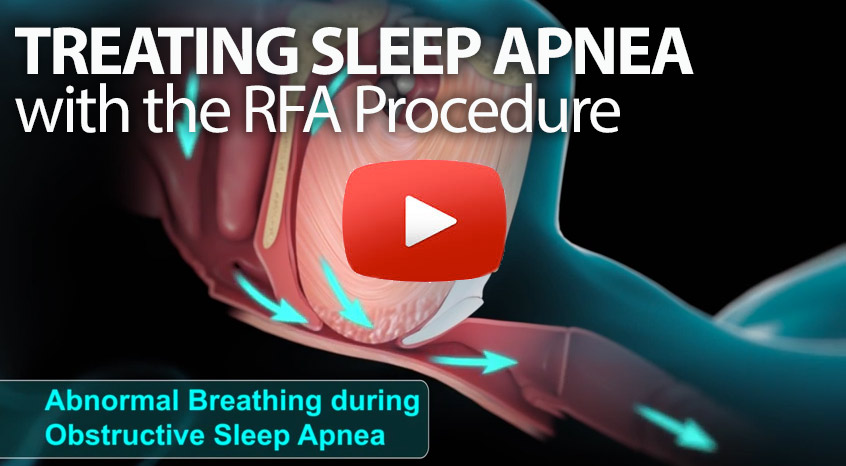Whether it sounds like a bulldozer demolishing your bedroom or soft thunder rumbling in the distance, 45% of adults snore at least occasionally, and 83% of adults reported having a snoring bed partner in a recent survey.
Although snoring is a common affliction, its causes and cures may surprise you. In fact, only 27% of SleepRate survey respondents who snore indicated that they plan to do something to change their situation. This is concerning not just for the people who sleep within earshot of the storm, but for the snorers themselves who may be ignoring health concerns. Read on to understand your (or your partner’s) snoring and how you may be able to secure a quieter night.

Snoring can be helped by something as simple as sleeping on your side instead of on your back. But when that doesn’t work, there are more things you can try.
What causes snoring?
As the muscles in the roof of your mouth, tongue, and throat relax (as they do when you fall asleep), the tissues in your throat may relax enough to partially block your airway and vibrate. The airflow will become more forceful as your airway becomes narrower, which causes an increase in tissue vibration and consequently the increased sound of snoring. A visual depiction can be seen here.
Possible snoring triggers
- Enlarged tissues in the nose, mouth, or throat
- Blocked nasal passages due to a cold, allergies, or nasal polyps
- Deviated nasal septum (crooked partition between the nostrils)
- Alcohol use, which relaxes the throat and tongue and depresses breathing regulation
- Obesity or lack of fitness, where fat narrows the airway or muscle tone is lacking in the throat
- Medication which relaxes or causes drowsiness
- Sleep apnea, where throat tissues partially or fully block the airway and prevent breathing
How can snoring be alleviated?
Knowing what kind of snorer you are can help you determine potential solutions.
Type of Snorer
Nose: blocked nasal passages or collapsing nostrils result in mouth breathing. These solutions may help widen the nasal passages, which reduces the vibration that causes snoring.
- Nasal strips
- Nasal dilator
- Eyebright nasal spray
Mouth Breather: an open mouth and relaxed jaw
- Chin-up strips hold your mouth closed
- Oral shields (snore guards) control the passage of air
- Eyebright mouth spray may help reduce swelling
Tongue: tongue drops to back of mouth, obstructing airways
- A mandibular advancement device (MAD) holds your lower jaw and tongue forward to create more breathing space
Palatal Flutterer: soft palate and uvula vibrate. These solutions limit vibration by holding your mouth closed or relaxing your muscles.
- Chin-up strips
- Eyebright mouth spray
Multifactorial
- If the cause of your snoring is a combination of nose, mouth, tongue, and palatal fluttering, you may need to try a variety of the above techniques to find out what works best for your body.
Stop smoking
Smoking irritates the membranes in your nose and throat and blocks your airways, which only adds to your snoring woes (as if you needed another reason to quit smoking).
Change sleep position
Lying on your back can compress your airways; try sleeping on your side. Using a body pillow may also help reduce a tendency to roll onto the back.
Consider surgery
In some cases, surgery may be warranted to help reduce or eliminate snoring problems.
While it may be a harmless nuisance, snoring could also be a sign of something serious, like sleep apnea, so it’s wise to consult with a professional about your symptoms. Learn more about snoring and other sleep disorders, and contact us for help achieving a softer slumber.
Radio Frequency Ablation (RFA)
One popular new treatment option for sleep apnea that can be performed in-office and offers patients the potential to eliminate the need for a CPAP machine or dental appliance is RFA. To learn more click here.
Finally, if you’re worried about what snoring may be doing to your love life, here’s some hope: 89% of people polled in a 2014 survey said that snoring is not a deal breaker.
If you or someone you know is in need of a better night’s sleep, contact us for a no obligation consultation. We are the sleep specialists at Chevy Chase ENT located in the Virginia, Maryland, and Washington D.C. metro area dealing with sleep apnea and sleep-related problems. We can help diagnose your condition, recommend whether a sleep study would be beneficial, and offer you a variety of treatment options including CPAP, Radio Frequency Ablation (RFA) and more.
